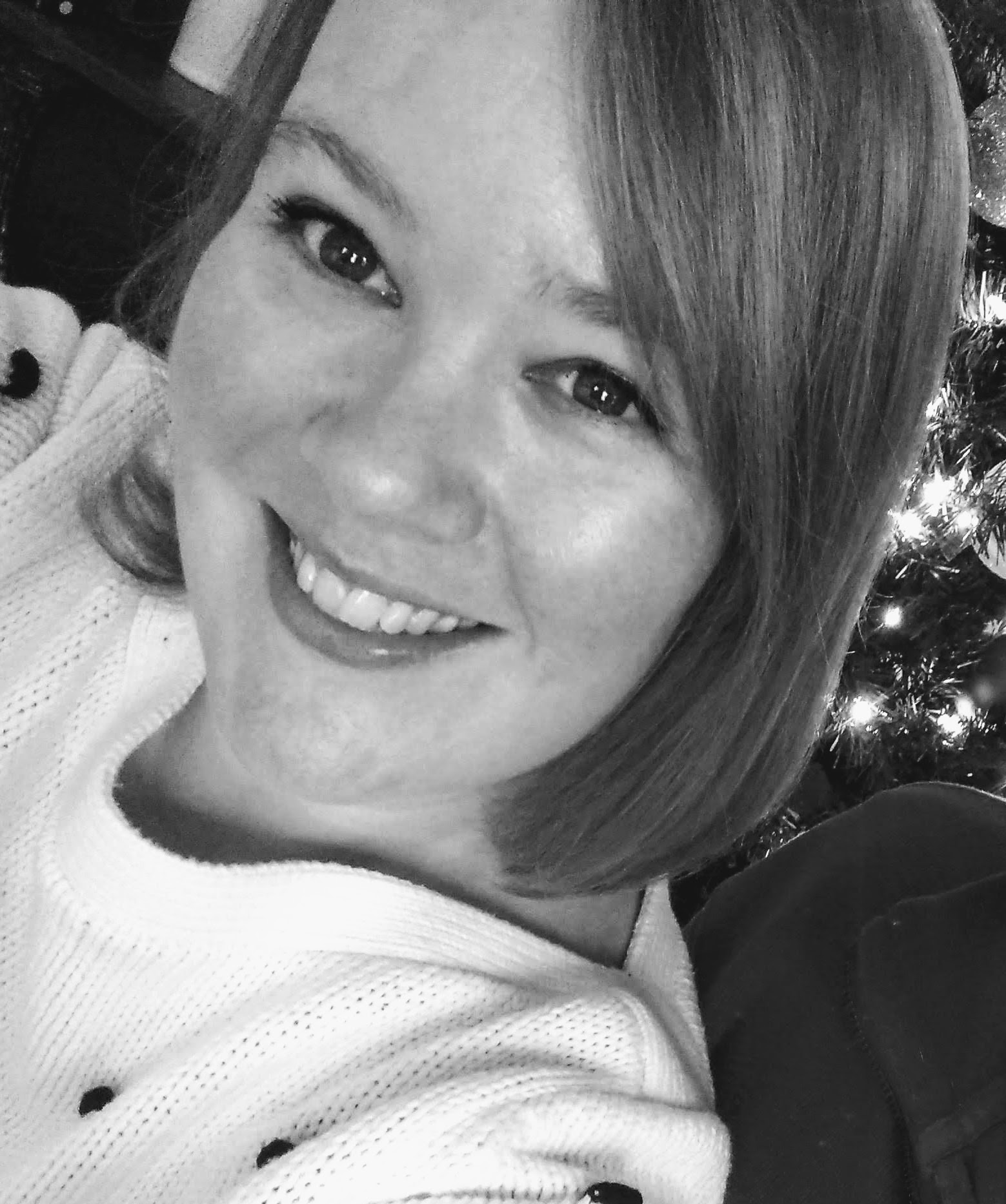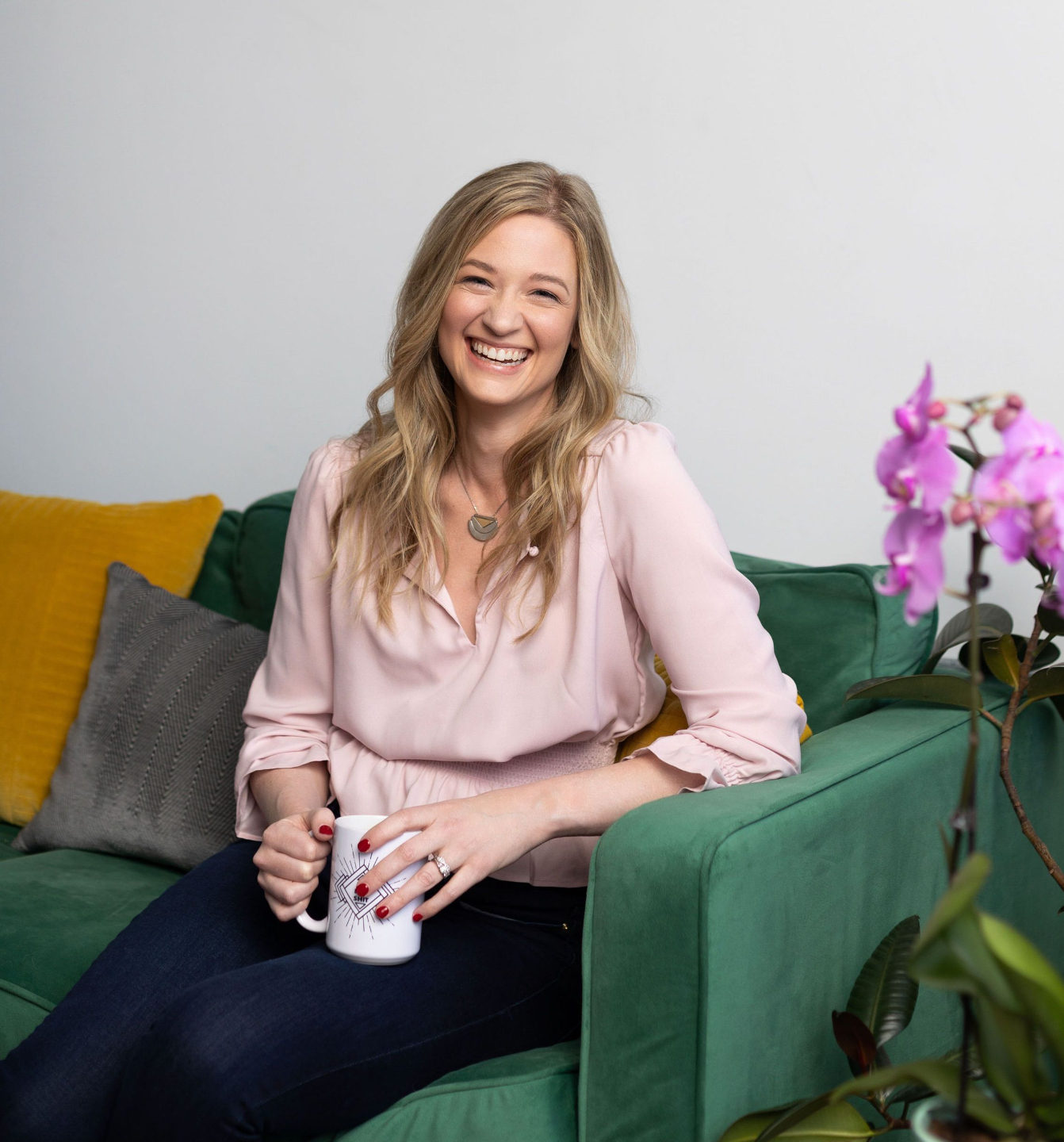Nurse Practitioner Clinical Tips: Prepare Your First Clinical Rotation
May 05, 2022
In this article, we'll be covering nurse practitioner clinical tips - how to be prepared for your first clinical rotation. Usually, nurse Practitioner students starting clinical usually feel a combination of excitement and anxiety. “What is it like to actually BE in clinical? “Will I get a lunch break?” “Where should I park?” “Where do I go once I get there?” No one really goes over this in class and there isn’t really a handbook.
The good news: every Nurse Practitioner was once a Nurse Practitioner student with the same questions, stresses, and concerns. What you're feeling is very normal. We've all flown by the seat of our pants at one time or another – and made it through. You will, too – but a little preparation never hurts.
How To Prepare For Any Clinical Rotation
Every clinical rotation and setting is unique. Do a little research once you know where you’re going: if any classmates have gone before you, pick their brains. Check out the website to learn more about the practice and who they serve (adults? kids? the uninsured?), and what other sorts of services they offer (are there other specialties at the clinic? do they have an on-site lab? or imaging?). Google your preceptor to get to know a little about them – maybe they just won an award or went to the same nursing school you did.
Ask your school’s clinical placement person for some specifics – where should you park? Where should you plan to meet your preceptor on that first day? Is there somewhere to buy lunch or should you bring something? You could also call the office where you will be doing your rotation, introduce yourself, and ask these questions. Yes, it may feel awkward, but it beats having your car towed after a long day or being hungry because you should have brought lunch.
There are some things that you can’t really know in advance. Will your preceptor prefer to have you observe or lead the visit? (Note: you leading the visit is highly unlikely on your first rotation!) Will you watch over her shoulder while she documents, or will you get your own login credentials so that you can look up and chart on all your patients? Which patients are the best ones for you to see? How many patients will you see?
Plan to be flexible as the answers are likely to vary from site to site and preceptor to preceptor. Also plan to advocate for yourself; have a conversation early on with your preceptor about the general plan for that rotation - and be prepared to bring it up if they don’t. Plan to ask for more responsibility when you feel ready – and to dial it back if you find yourself getting overwhelmed.
One of the best pieces of advice that I ever got from a mentor was to not get too worked up in advance. I remember having a patient on my schedule that seemed like far more than I would be able to handle, and I got nervous; once I actually got into the visit, I realized the worry was for nothing, and that the patient’s presentation was nowhere near as bad as I thought. (Sometimes chest pain is muscle strain, not a heart attack.)
What to Bring To Bring To Clinicals
- Snacks. If you’ve done your preparation, you should have an idea of whether or not there is a cafeteria, a lunch place, or even a refrigerator at your site. Plan for the worst and bring something that you can eat quickly if you need to, which will fill you up, and which does not need any refrigeration or heating up. This is not the time to bring the leftovers from last night.
- Insulated travel mug. I never felt comfortable partaking in the office K cup situation (and rarely had time), so I brought my own coffee. If there was a cafeteria and I had time, I could go get a refill; otherwise, I switched over to water for the rest of the day.
- Clipboard. This is your portable command center. Write directly on it, and put a sheet toward the back with all of your “greatest hits” reference material – mnemonics, clinical guidelines, note-taking and charting cheat sheets, and contact information. Bonus points for a clipboard with storage (you can stash all sorts of things here: flashcards, reference sheets, notes, pens, highlighters, your phone, you name it). For infection control purposes, make sure it is made of a material that can get wiped with a disinfectant. Speaking of reference sheets, if you're looking for done-for-you Cheat Sheets, check out our Digital NP Binder available for purchase.
- Get a small, pocket-sized notebook to jot down things to look up later (unusual diagnoses, medications that you aren’t familiar with, etc.). Having a dedicated space for writing things down and referring back to them later helps with reinforcing your learning and keeps you organized.
- I advise against a laptop or tablet unless you have been explicitly told to bring one. In a typical clinical rotation, you are not going to have a dedicated space to put your things; do you want to leave an expensive piece of equipment where it could get lost or damaged? And if anything happened, how sidelined would you be while you were waiting for a replacement? Probably not worth the risk. You can easily keep a phone handy to access resources on the fly, without having to worry about having a place to keep it.
- Speaking of phones – there are a ton of apps that you might want to stock your phone with. Some of the most popular apps that will help you in any rotation: Medscape; Prevention Taskforce; Visual Dx; Epocrates; Lexicomp; Up To Date. (Some of these are subscription-based; always check for the student rate.) For a list of our favorites, download the free Ultimate Resource for the New NP here.
- Flashcards - you never know when you might have a few minutes of downtime and can quickly drill on some things for board prep or an upcoming test (because of course you still have classes and papers and tests even though you are in clinical).
Touch All The Equipment In Your Clinical Rotations
In most clinical rotations, there will be equipment. Touch it! Get familiar and comfortable with it now so you don’t end up with stage fright the first time that you have to use it on your own. A shortlist of things that are a lot easier to handle as a student: vaginal speculum, anoscope, microscope and preparation of slides, variety of swabs (nasal, nasopharyngeal, vaginal, anal, wound culture, viral culture), suture kits, staple kits. Look around – there are likely slight variations in the equipment, dressings, swabs, etc. from one clinical site to another. Embrace the variety now as a student and you will be a lot harder to rattle when you start working as an NP.
Reflecting On Clinicals – And Why You Should
Carve out time for reflection on a regular basis – this will serve you well in the long term. Spend some time thinking about what happened that day or week, how that compared to what you thought would happen, and make a mental note of any gaps between the two. Reflecting also reinforces your learning when you connect your experiences back to what you are learning in the classroom, and what you are covering during board prep.
It may seem impossible when your schedule already feels jam-packed, but you don’t need to spend a lot of time on this; it’s much more important to do it regularly. Five or ten minutes of reflection is plenty. If you have a commute to your clinical site, you can do your reflection on your way there or back home. If you walk your dog daily, you can do it then. You could even do it while you take a shower or wash the dishes.
Where Great Habits as a Nurse Practitioner Start
Your clinical rotations are a big step in building your foundation as an NP, your clinical competency, and your role change from RN to NP. It’s a good idea to get tips and tricks on things like time management, charting, navigating the workplace, and having the buck stop with you. So many NPs struggle with these things in practice; if you can start your career with some strategies that will help you, you’ll be glad that you did (definitely ask your preceptor). Conversely, if you have some really clear examples of what NOT to do, that can be just as helpful. The point is that you are learning – absorb and process everything, reflect on it, keep track of it, and when you cross that finish line on the last day of your last clinical, you are going to be amazed at how far you have come.
If You Liked This Post, Also Check Out:
- New Nurse Practitioner Visit Routines - how to prepare for each type of visit
- How to Make a Plan of Care as a Nurse Practitioner
- How to Deal with Imposter Syndrome as a New NP

Guest post written by Jessica Reeves, MSN, FNP. She's a family nurse practitioner with her own private clinic in New Hampshire and a guest contributor to Real World NP!





